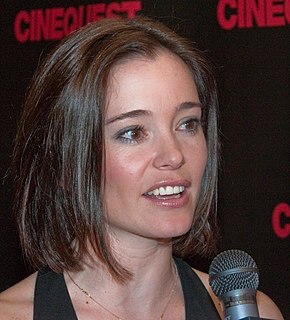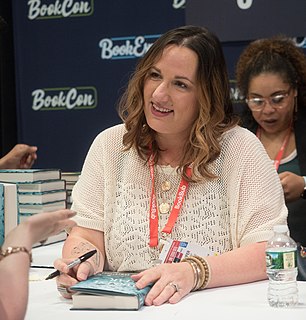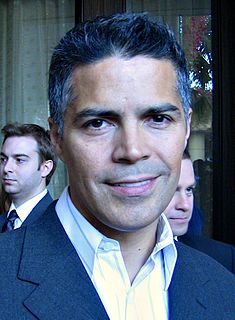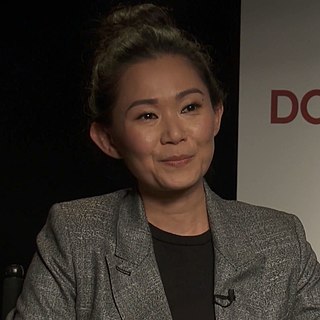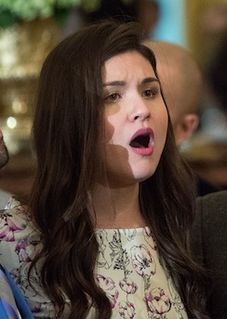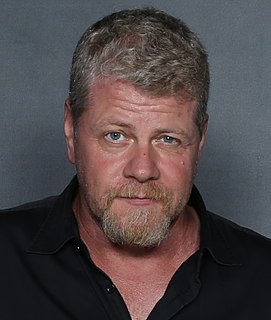A Quote by Jenny Han
The feedback for 'P.S. I Still Love You' has been pretty amazing. To have written this story about this family with Asian-American characters and be so embraced is really incredible for me as a writer as well as a person of color.
Related Quotes
I think that's what we need more of: Asian-Americans on movie screens and TV screens where they're normalized. Where it's not about them being Asian or a person of color. It's just about them being a human. I think that's why sometimes when I see movies with an Asian family, but it's very stereotyped, I don't find that relatable.
Does people not asking me about Asian American literature mean they don't see it as its own literary tradition? I certainly believe in it as its own literary tradition, because your race plays a great factor in how you are seen by the world, and how you see the world; the fact that I'm an Asian American isn't incidental to who I am as a writer. Where it becomes difficult is defining what, if anything identifiable at all, makes an Asian American book an Asian American book, other than the fact of its creator being Asian. And I'd argue that there is nothing identifiable beyond that.
The love story between the hero and the heroine has to be at the center of the book. I think that's pretty true in my books. I usually write a secondary love story, with maybe nontraditional characters. Sometimes I write older characters. I'm interested in female friendships, and family relationships. So I don't write the traditional romance, where you just have the hero and the heroine's love story. I like intertwining relationships.
Hollywood can be a really tough environment for anyone trying to make a living. Unfortunately for actors of color, namely Asian Americans, opportunities have been and remain substantially limited. One place this is not the case is on 'Hawaii Five-0,' where we have three Asian American series regulars and a landscape rich with diversity.
I wish people wouldn't just see me as the Asian girl who beats everyone up, or the Asian girl with no emotion. People see Julia Roberts or Sandra Bullock in a romantic comedy, but not me. You add raceto it, and it became, 'Well, she's too Asian', or, ‘She's too American’. I kind of got pushed out of both categories. It's a very strange place to be. You're not Asian enough and then you're not American enough, so it gets really frustrating.
Oh, I love labels, as long as they are numerous. I'm an American writer. I'm a Nigerian writer. I'm a Nigerian American writer. I'm an African writer. I'm a Yoruba writer. I'm an African American writer. I'm a writer who's been strongly influenced by European precedents. I'm a writer who feels very close to literary practice in India - which I go to quite often - and to writers over there.


